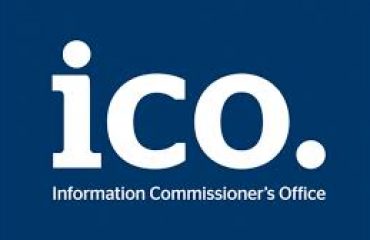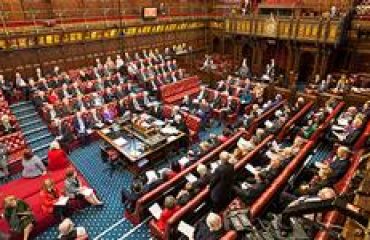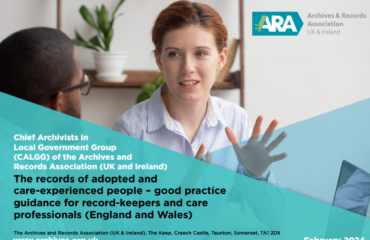
The following is a Press Release issued by the Access of Care Records Campaign Group
IT’S MY JOURNEY: IT’S MY LIFE, IT’S MY IDENTITY!
A CALL FOR LEGISLATIVE CHANGE FOR CARE LEAVERS.
Members of the Access to Care Records Campaign Group (ACRCG)1 have come together to ensure that adults who grew up in the care of the State (Care Leavers) are able to receive comprehensive information about their family background and personal history. Whether they have spent all or part of their childhood and/or adolescence in the care system, we believe the current approach to gaining access to social care files is inadequate and inconsistent. For too many, the system simply isn’t working. That is why alongside the ACRCG, Baroness Young of Hornsey is pursuing an amendment to the Children & Families Bill, which is currently being considered in the House of Lords.
At the moment, Care Leavers apply under the Data Protection Act 1998 (DPA) for access to personal information held in care records but unfortunately the DPA is often misinterpreted by Local Authorities (LAs) with some organisations severely restricting the information made available. There are too many examples of care leavers receiving such incomplete and heavily redacted records that their case histories are rendered meaningless. Furthermore, the service given by LAs is erratic and inconsistent – some are enabling and supportive while others are bureaucratic and obstructive. Sadly, we know that some LAs are so concerned about negligence claims, media headlines and a public perception that people in care have been failed by the system, that their position is defensive from the start.
Baroness Lola Young said:
“The process shouldn’t be as difficult as it is for so many people. For a start, everyone who has been in care should be informed that they have a right to access as full an account of their past as possible and to receive support if they choose to do so. Of course there may be issues around privacy, but full disclosure should be assumed and if there are such issues that legitimately prevent this, then these should be subject to negotiation.”
Projects and development manager at The CLA, Darren Coyne said:
“Care Leavers above a certain age are a collective and largely invisible group whose rights and needs to access basic information about their family background and childhoods are continually being denied. This discrimination needs to be addressed to ensure that they can access crucial information that may profoundly affect the decisions they make
in life. Care leavers’ fundamental human right to access their social
care files should be recognised in legislation and fully supported so that they can make sense of their past and go forward into the future.”
Alison Worsley, Deputy Director of Strategy, Barnardo’s said:
“Every young person has the right to know who they are and where they come from, but children leaving care often lack a family network to answer basic questions they may have.
“That is why it is essential that Government ensures children leaving care are able to access personal information about their history, their time in care and the decisions made on their behalf.
“Local authorities and voluntary organisations across the country need to give consistent support to adults who have been in care when they are given access to their records”.
We are calling for:
1. Clear, effective guidance to ensure that local authorities comply with the present statutory framework [DPA98] to enable care leavers to access their personal information; the guidance should reiterate the duties on care agencies to properly record and securely hold records about an individual’s time in care ensuring that local authorities are able to provide them with an account of their origins and their time in care and the decisions made about them;
2.Care leavers to have the opportunity to access advice and support from the agency and/or intermediary services, as they read and make sense of their care records and to help locate and contact relatives and friends if they so wish: an opportunity which is available to those who’ve been adopted but not those who have been in care.




You must be logged in to post a comment.